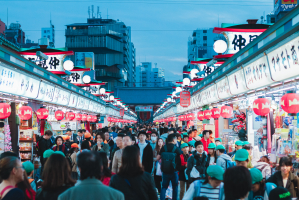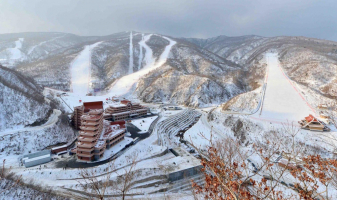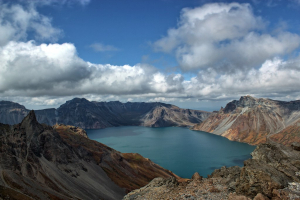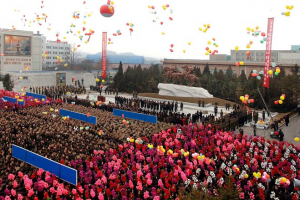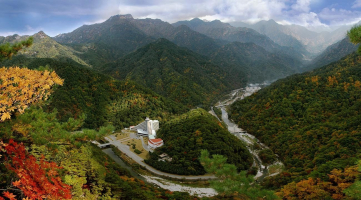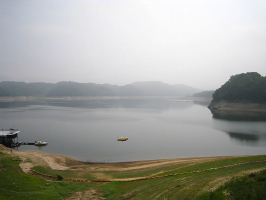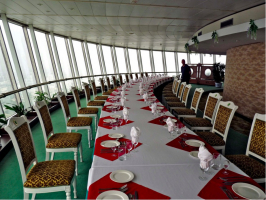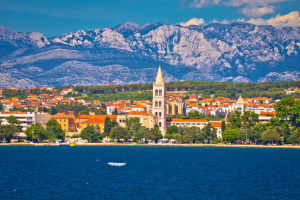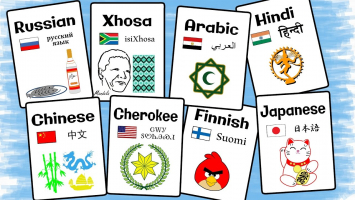Top 6 Reasons Why North Korea is the Hardest Country to Escape
North Korea is a country shrouded in secrecy, and its citizens face a number of difficulties when attempting to leave the country. Whether it's due to ... read more...physical, social, or diplomatic barriers, there are many reasons why North Korea is considered one of the hardest countries in the world to escape from.
-
The government heavily monitors and censors all forms of communication, including the internet and phone lines. Citizens are not allowed to access or use any form of international media or social media, which makes it difficult for them to communicate with the outside world or learn about what is happening beyond North Korea's borders.
Additionally, North Korea has a "songbun" system that categorizes citizens into different classes based on their perceived loyalty to the government. This system affects every aspect of a citizen's life, from employment opportunities to access to education and healthcare. Citizens who are deemed disloyal or have relatives who are disloyal are often subject to discrimination and harassment.
The government also heavily restricts citizens' movements, with citizens requiring permission to travel even within the country. This makes it difficult for citizens to leave their hometowns or the country without being detected and facing punishment.
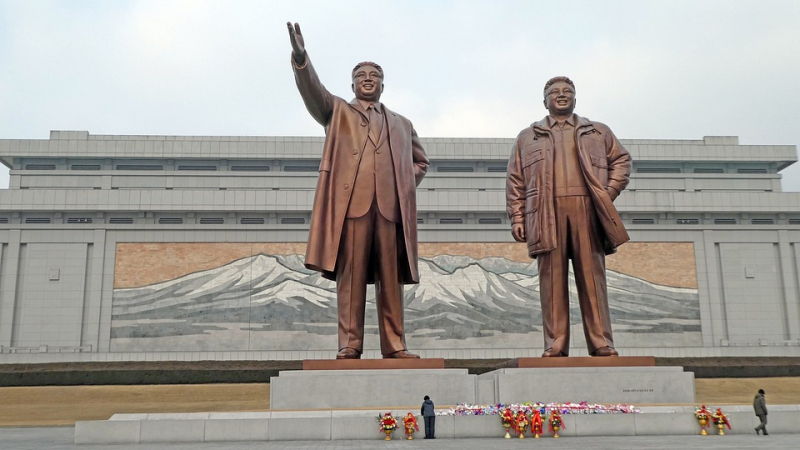
Photo by peteranta on Pixabay 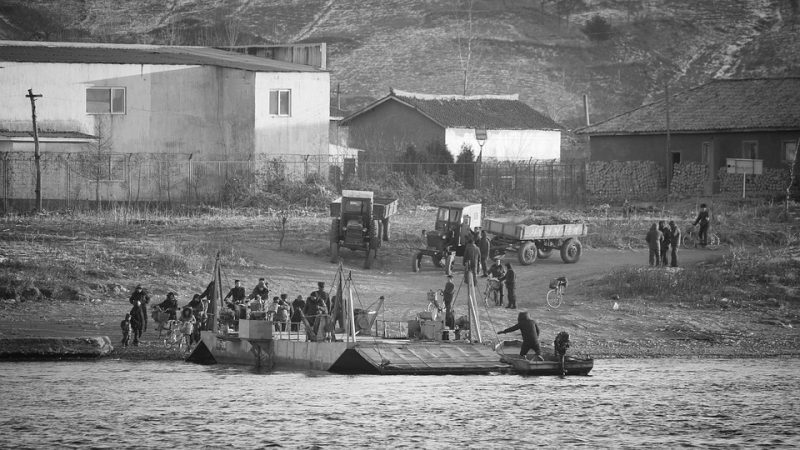
Photo by StillWZ on Pixabay -
Attempting to escape North Korea is considered a serious crime and can result in severe punishment. The government considers defectors to be traitors, and punishment can range from imprisonment, and forced labor, to execution.
The punishment affects not only the person attempting to escape but also their family members. The government has a policy of "three generations of punishment," which means that family members of defectors can also face punishment, including imprisonment or forced labor.
Moreover, the punishment for attempting to escape can be even more severe if the defector is caught and repatriated back to North Korea by the Chinese government. Repatriated defectors face harsher punishment, including torture, imprisonment, and execution.
The government also actively tries to prevent defections by monitoring and controlling citizens' movements and communications, as well as through propaganda that promotes loyalty to the state and demonizes those who attempt to leave the country.
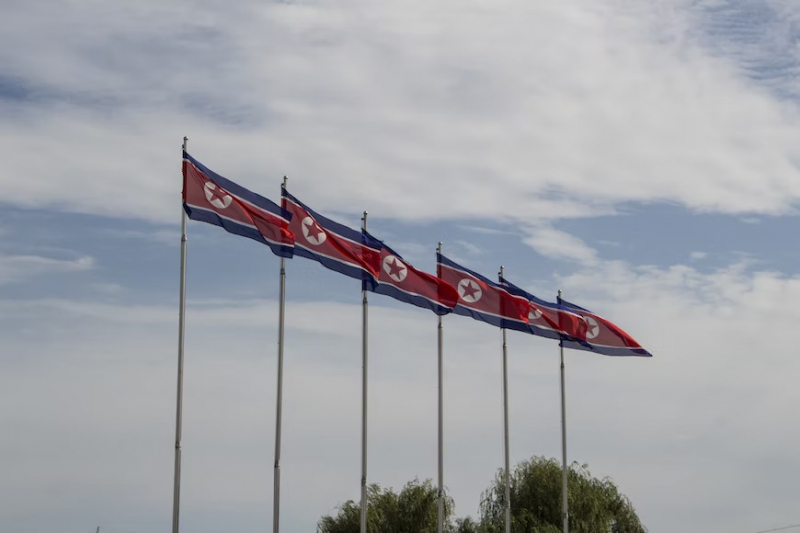
Photo by Micha Brändli on Unsplash 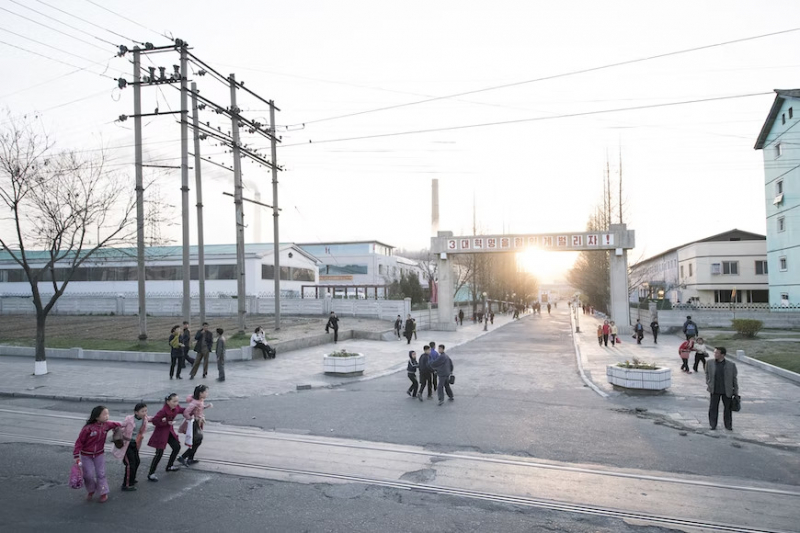
Photo by Random Institute on Unsplash -
North Korea shares its borders with China and South Korea, both of which have tight border controls to prevent illegal crossings. The border between North Korea and China is approximately 1,400 kilometers long, and the border with South Korea is heavily fortified with minefields, barbed wire, and armed guards.
Moreover, North Korea has heavily fortified its side of the border with both countries, making it extremely difficult to cross. North Korea has installed high walls, fences, and other physical barriers to prevent citizens from crossing the border. The country has also established a network of border guards and checkpoints along the border, making it challenging for citizens to cross undetected.
China has a policy of repatriating North Korean defectors if caught, as it considers them illegal economic migrants rather than refugees. This policy means that many North Korean defectors who attempt to escape through China face the risk of being caught and repatriated back to North Korea, where they face harsh punishment.
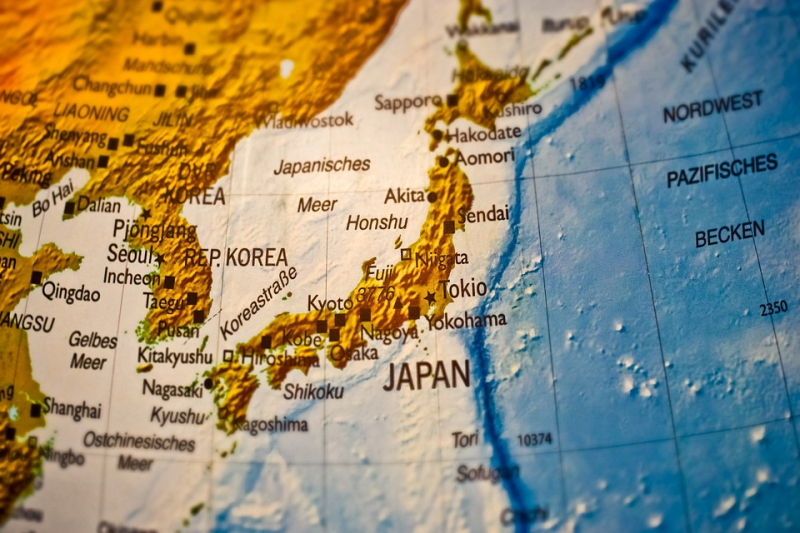
Photo by 652234 on Pixabay 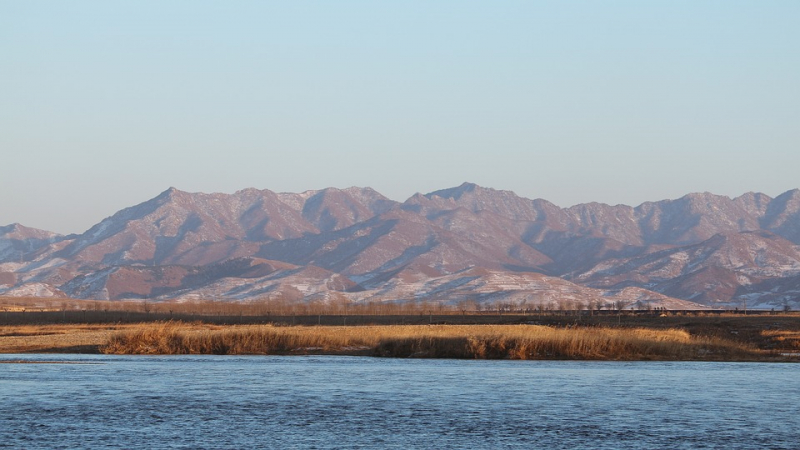
Photo by StillWZ on Pixabay -
In North Korea, there is a strong culture of loyalty to the state and the ruling regime. Attempting to defect is seen as a betrayal not only to the government but also to one's family and community. It is a closed society that heavily regulates the social and cultural norms of its citizens. The government promotes an ideology of loyalty and devotion to the state and its leader, and it actively suppresses any behavior that is perceived as disloyal or subversive.
This ideology creates a sense of social pressure and conformity, where citizens may feel compelled to report anyone who behaves in a way that is not in line with the government's expectations. This pressure makes it difficult for citizens to confide in others about their intentions to escape or to trust others to help them.
Additionally, the lack of exposure to other cultures and languages limits citizens' ability to communicate and navigate different social and cultural contexts. This lack of exposure also limits citizens' ability to understand the outside world and make informed decisions about their options for leaving North Korea.

Photo by StillWZ on Pixabay 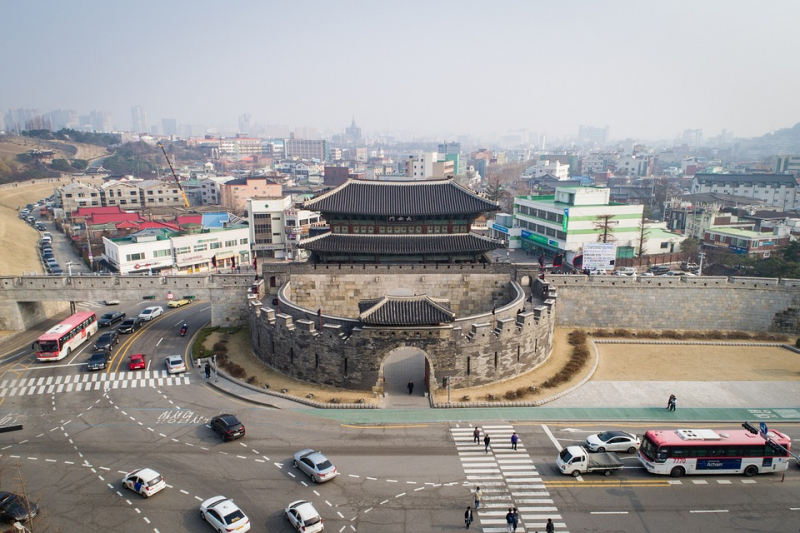
Photo by cmkdream on Pixabay -
Many North Koreans lack the resources, such as money and transportation, needed to escape the country. North Korea is a poor country with a centralized economy, and most citizens have limited economic means. Many North Koreans do not have access to private transportation or the funds to bribe officials to help them escape.
Additionally, many North Koreans are heavily reliant on the government for their basic needs, such as food and housing. This dependency on the government limits citizens' options for leaving the country, as they may not have the means to survive without government assistance.
The lack of resources also makes it difficult for citizens to access information about the outside world, which limits their understanding of the opportunities available to them outside of North Korea. The lack of resources, combined with citizens' dependence on the government, makes it challenging for North Koreans to obtain the resources needed to escape the country.
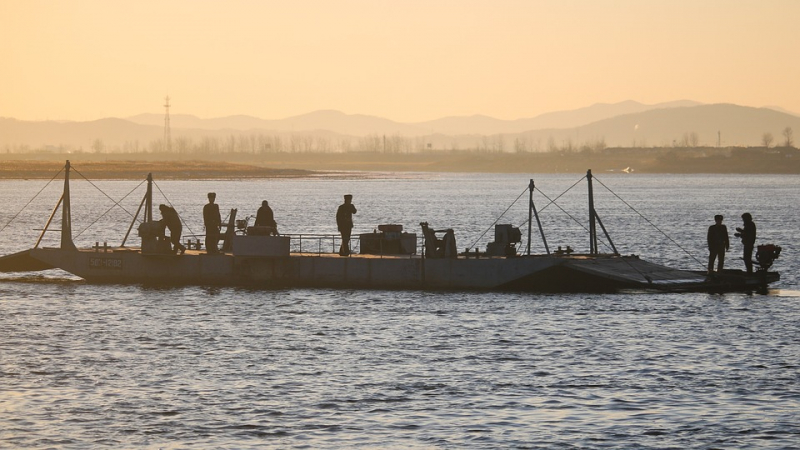
Photo by StillWZ on Pixabay 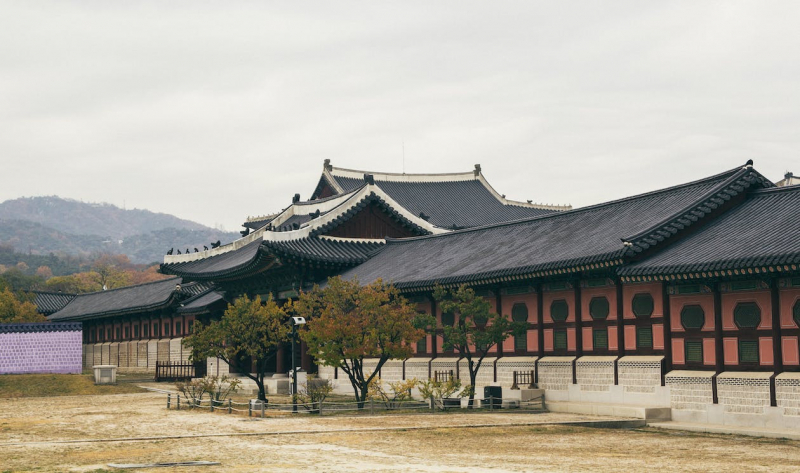
Photo Tranmautritam on Pexels -
North Korea has garnered a reputation for being the most secretive country in the world. It has, of its own volition, become increasingly isolated from other countries ever since the end of the Korean War in 1953, which had started when North Korea – backed by the Soviet Union and China – invaded South Korea, which was defended by the UN (spearheaded by US forces). This level of secrecy is a key reason why the country creates so much intrigue, and suspicion, throughout much of the Western world. The country is subject to numerous sanctions and restrictions on trade and international travel, which further limits the options available to North Korean citizens seeking to leave the country.
Additionally, the government of North Korea has a history of using the repatriation of defectors as a bargaining chip in negotiations with other countries. This tactic has made it difficult for some countries to offer asylum to North Korean defectors, as they risk diplomatic backlash from North Korea.
Furthermore, the international community has limited influence over North Korea and its government's actions. This limited influence makes it difficult for the international community to provide assistance to North Korean citizens seeking to escape the country.
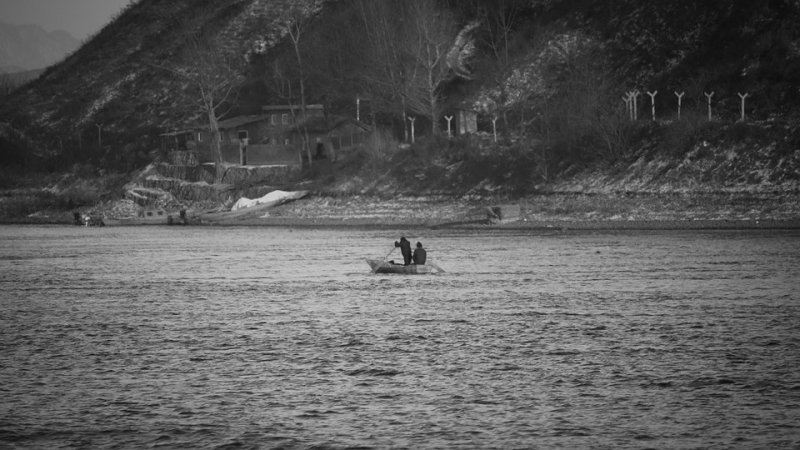
Photo by cmkdream on Pixabay 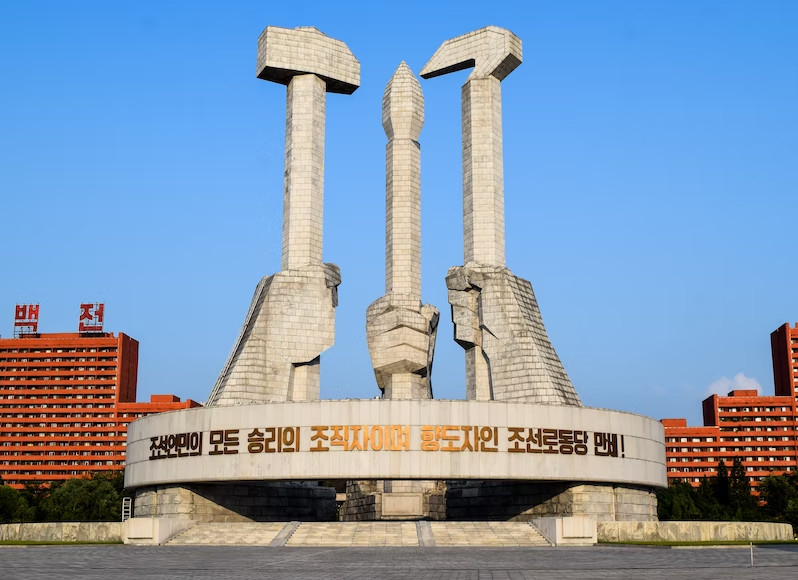
Photo by Steve Barker on Unsplash










